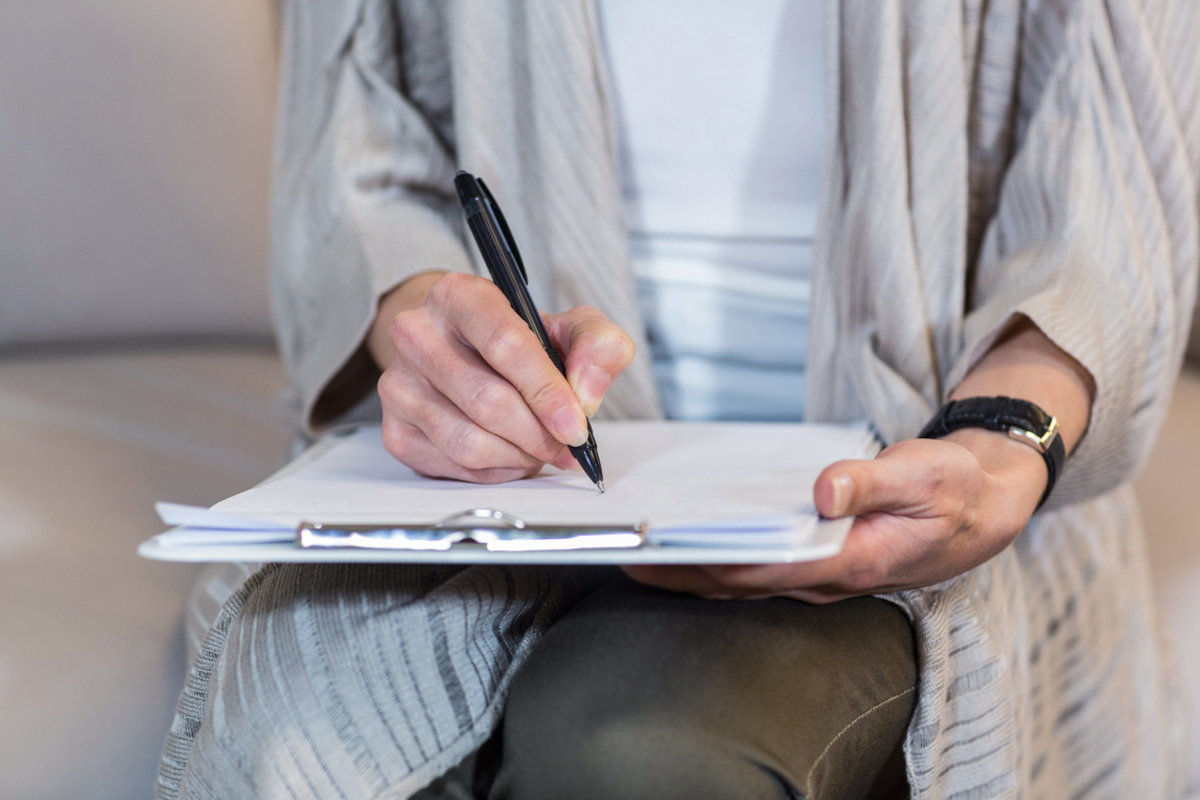"Shock treatment" is often portrayed as something incredibly scary, forced upon screaming patients against their will — something that is definitely partially due to the sometimes rather unethical ways in which mental health struggles were handled in the past. Today, however, electroconvulsive therapy (ECT) is a safe and often successful depression treatment for patients who haven't responded well to antidepressants or talk therapy. In fact, over 100,000 people receive ECT in the US alone every year.

First things first: What is electroconvulsive therapy?
Electroconvulsive therapy uses electric currents to induce artificial seizures in the brain, in the hope that this seizure can help the brain get a kind of "reset", leading to more functional "wiring", as it were. If this sounds terrifying, consider the next important bit of information — in modern times, electroconvulsive therapy doesn't use nearly as strong of a current as in times gone past, and what's more, the procedure is almost always carried out under general anesthesia. This means that patients will not feel pain, and will not even have any recollection of receiving the treatment.
The steps involved in the ECT process are roughly:
- Before the treatment starts, patients receive both a muscle relaxant and a form of anesthesia that will "knock them right out".
- Four electrodes are placed on your scalp. Two will deliver the current that induces the seizure activity, while the other two are there for monitoring purposes.
- The treatment itself lasts less than a minute, because of the medication you are given, the seizure is mainly limited to the brain.
- After you wake up, you will need to recover from the anesthesia before being able to go home. As with any procedure that is carried out under general anesthesia, you will need someone else to come pick you up and drive you. You will not remember any part of the actual treatment itself.
Electroconvulsive therapy is typically carried out over the course of six to 12 sessions that take place every few days, though your medical team will assess how you are progressing and tailor the treatment to your needs.
Does electroconvulsive therapy work for depression?
Electroconvulsive therapy can absolutely relieve depression. It is not for everyone, though. Many people suffering from major depressive disorder will get better with the help of talk therapy, antidepressants, or a combination of both. These people do not need ECT and their doctor will not consider it.
ECT can be considered in cases where:
- A depressed person is acutely suicidal
- Other treatment attempts failed
- Rapid improvement in symptoms is considered essential (the patient is psychotic, for instance)
It may also be an option in cases where a depressed person is pregnant or cannot take antidepressants for whatever reason. ECT has been used in elderly patients with extremely promising results, as well.
Though exact success rates vary from study to study, results are all very encouraging.
Does electroconvulsive therapy have any side effects?
Once known to cause memory loss, the fact that the strength of the current used has been greatly reduced now means that ECT is much less likely to induce side effects. ECT can still induce memory loss, but it is rare and unlikely to be permanent.
Patients may still experience some other side effects. They subside over time and include headache, confusion, muscle aches, low blood pressure or high blood pressure, a rapid heartbeat, a dry mouth, fatigue, and nausea. General anesthesia comes with its own set of side effects.
Is electroconvulsive therapy right for you?
Should your doctor suggest electroconvulsive therapy as an option, don't dismiss the idea simply because the treatment has a scary reputation — look into it for yourself, and let your doctor know. Informed consent is very important in modern medicine and in ECT in particular, so nobody will force you to undergo the treatment against your will.
If, on the other hand, you've independently looked into electroconvulsive therapy as a person with treatment-resistant depression and are actually quite excited about the idea that it could help you, feel free to broach the idea with your doctor yourself rather than waiting for them to suggest it.


Your thoughts on this